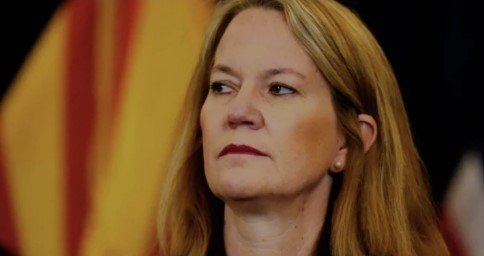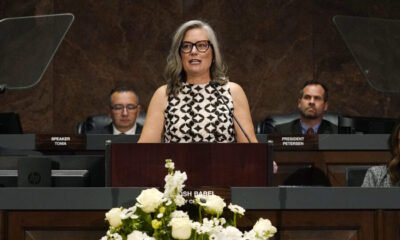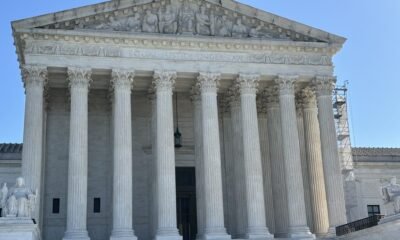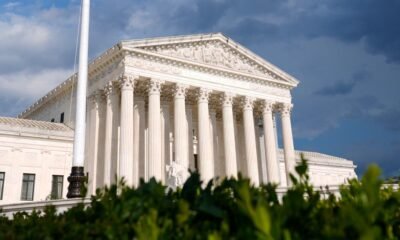birthright citizenship
Attorney General Mayes Takes Bold Stand in Lawsuit Challenging Trump’s Birthright Citizenship Rollback

By Staff Reporter |
Arizona Attorney General Kris Mayes has joined a coalition of Democratic attorneys general in a lawsuit challenging President Donald Trump’s executive order that seeks to end birthright citizenship. Mayes denounced the order as “unconstitutional” in a press release issued Tuesday.
“No executive order can supersede the United States Constitution and over 150 years of settled law,” Mayes stated. He emphasized that the nation must not regress to a time when American citizens were not afforded equal treatment under the law.
In defending birthright citizenship, Mayes referenced the Fourteenth Amendment, calling the ongoing debate over so-called “anchor babies” a distortion of the facts. He pointed to the 1898 Supreme Court case United States v. Wong Kim Ark, which established citizenship rights for anyone born on U.S. soil, regardless of their parents’ immigration status.
The Supreme Court’s ruling affirmed, “Every person born in the United States, and subject to the jurisdiction thereof, becomes at once a citizen of the United States, and needs no naturalization.” This precedent continues to play a significant role in discussions of citizenship today.
The lawsuit claims that approximately 255,000 children were born in the U.S. to undocumented mothers in 2022, with an estimated 6,000 in Arizona alone. Mayes contends that altering birthright citizenship would not only harm families but also negatively impact state funding levels.
Joining Arizona in this legal action are attorneys general from Washington, Illinois, and Oregon, seeking justice in the Western District Court of Washington. This lawsuit is distinct from another filed in Massachusetts, involving 18 states and Washington, D.C., that challenges similar aspects of Trump’s directive.
Trump’s executive order, titled “Protecting the Meaning and Value of American Citizenship,” argues that the Fourteenth Amendment does not universally confer citizenship to all those born on U.S. soil. The order specifically excludes individuals born to parents who lack lawful status within the country.
It is important to note that Trump’s order will not retroactively affect citizenship for those already born; it applies only to births occurring 30 days post-issuance, on February 19, 2025.


















